11 Dutch businessmen tell why they chose Ukraine and who would benefit from the EU-Ukraine Association Agreement
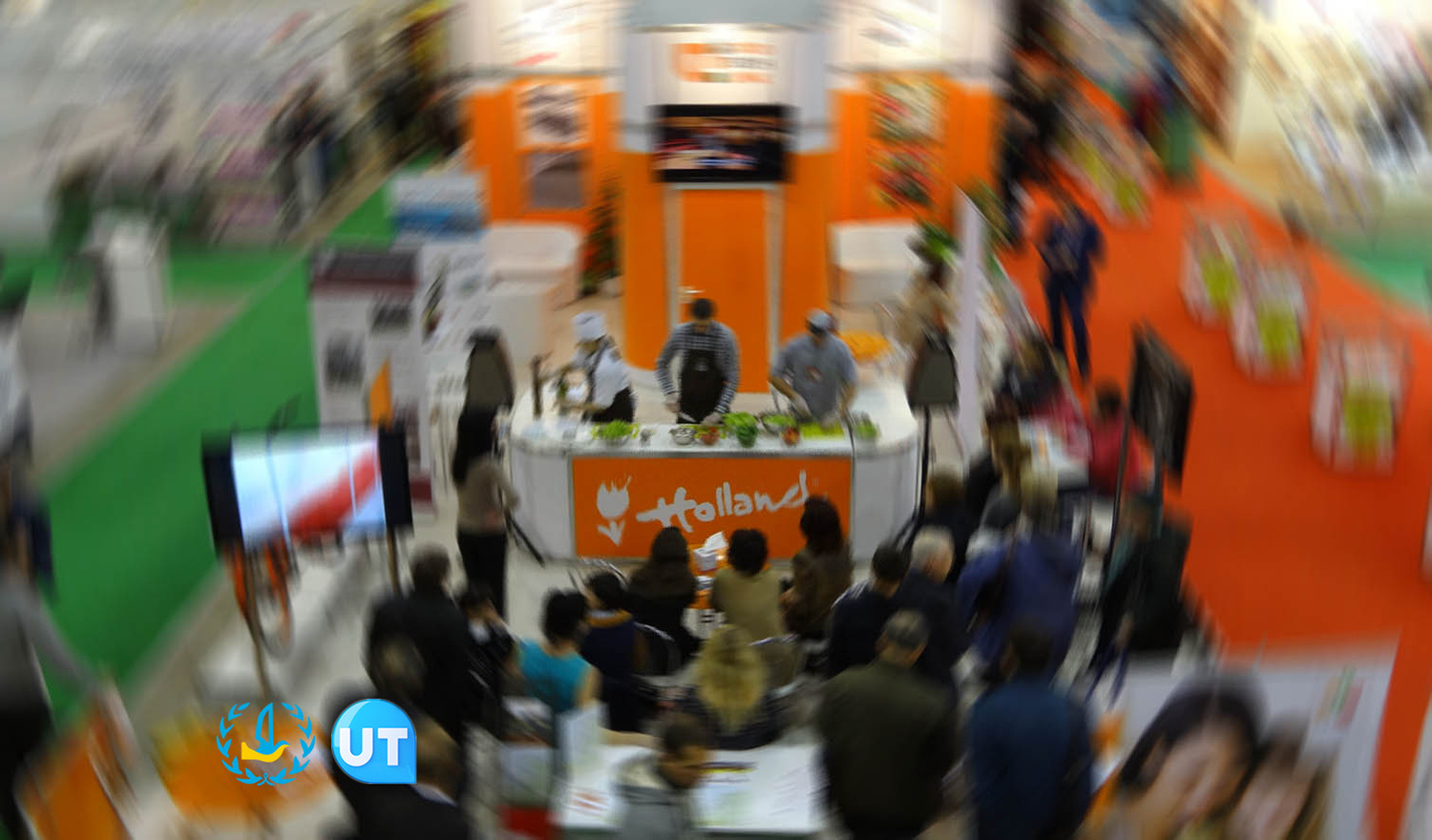
On 6 April 2016, The Netherlands will hold a consultative referendum on ratifying the Association Agreement with Ukraine. As the date draws closer, the pros and contras of the agreement are become more pressing. That is why Euromaidan Press in cooperation with Ukraine Today launched the #DUTCHINUA project gathering the views and opinions of the Dutch businessmen and entrepreneurs who work in Ukraine. We compiled our most interesting findings below.
In 2016, there are 315 Dutch companies operating in Ukraine.

We asked eleven of them to tell us what it's like.

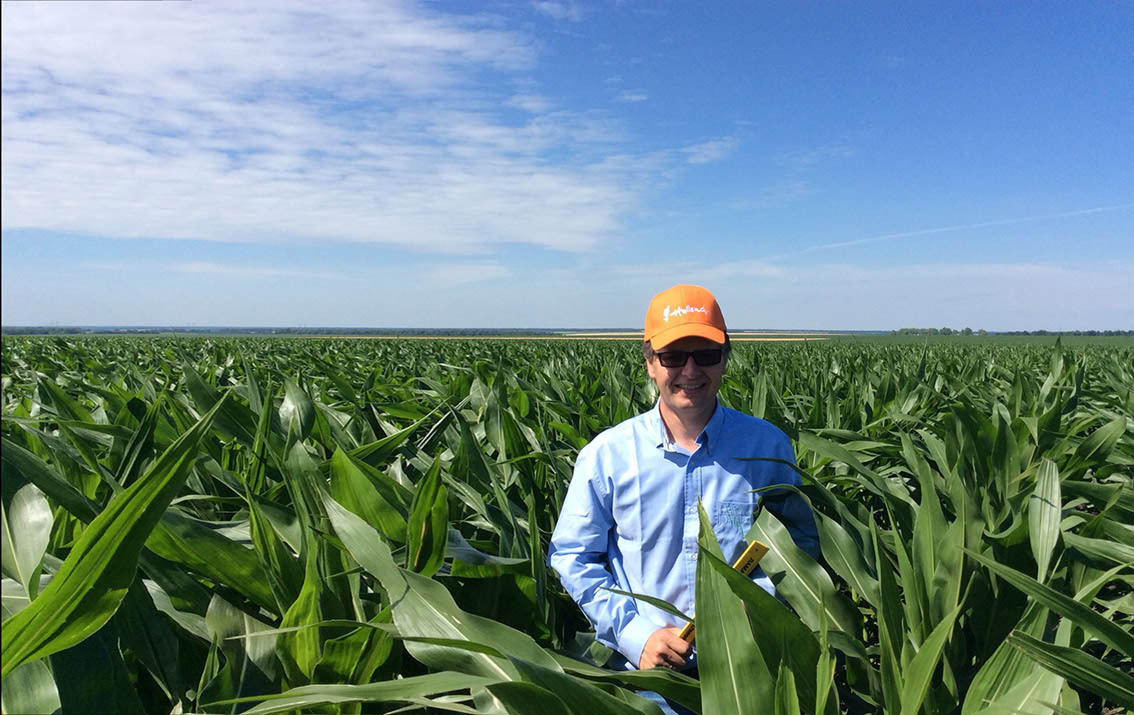
Dutch farmers in Ukraine
Difco International BV is specialized in the development and management of agricultural projects in emerging market in the fields of milk, meat and crop production. The company operates not only in Ukraine but also such countries as Kazakhstan, Uzbekistan, and Sudan, assisting in completing projects in emerging markets. Its director J.H.(René) Kremers moved to Ukraine about twenty years ago.
The Dutchman says, even though he’s experienced a lot of turbulence together with the country, he doesn't regret his decision. Watch his interview at a recent agricultural exhibition in Kyiv:
Neither does another businessman from the Netherlands. Allard Eggink, Commercial director of Ruminants Nuscience CHV Korm, is a successful entrepreneur who sells animal food to Ukrainian farmers. The company works in Belgium, the Netherlands, Poland, Hungary, Shanghai, Ibérica, it develops innovative products in areas of of premixes, concentrates, functional feed ingredients and nutritional concepts.
“Ukraine has a lot of opportunities especially in cattle, in agriculture. It’s a big country with a lot of land, lot of opportunities. Here it’s a growing market and a growing business. If I’m looking at the moment backwards at the development of myself, of our company, then it was really the best chance in life that I had so far,” Eggink shared.

Nuscience Cehave Korm at the Agro Animal Show 2016 in Kyiv, Ukraine
Many opportunities for cooperation
There are many opportunities for collaboration between Ukraine and The Netherlands particularly in the sphere of agriculture. The reason lies on the strong farming traditions of both countries.
The Dutch trade minister Lilianne Ploumen specifically stressed that Ukraine and The Netherlands have a lot of cooperating potential in agriculture:
"The Netherlands are the second largest investor in Ukraine, but if you look at the trade volume both import and export, I think, we could do much better. Specifically in the field of agriculture, where Ukraine is the potential "Food basket" of the world, and the Netherlands are the second largest export of agricultural goods and services."
Ukraine is the largest country in Europe, has 43 million inhabitants and borders the EU. The agricultural area is 25% of the agricultural area of the entire EU. But what makes Ukraine especially remarkable is its fertile soil - chernozems.

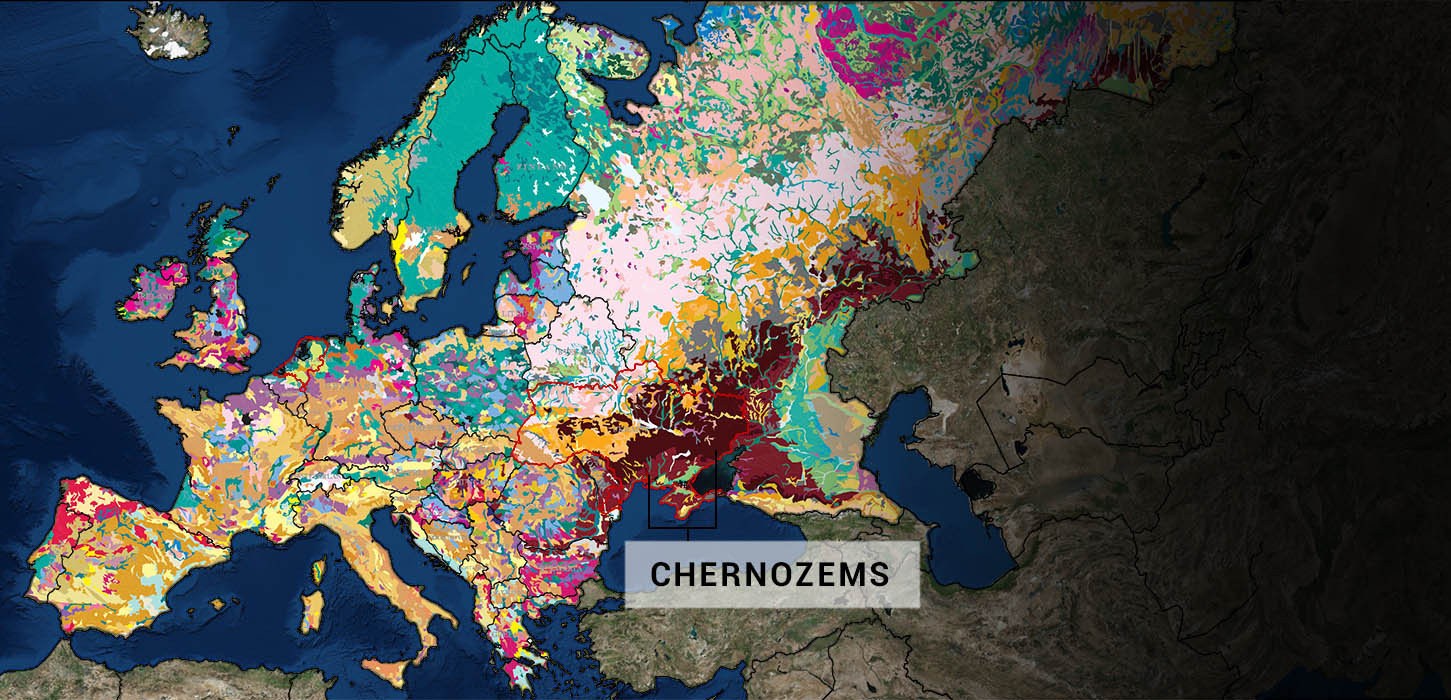
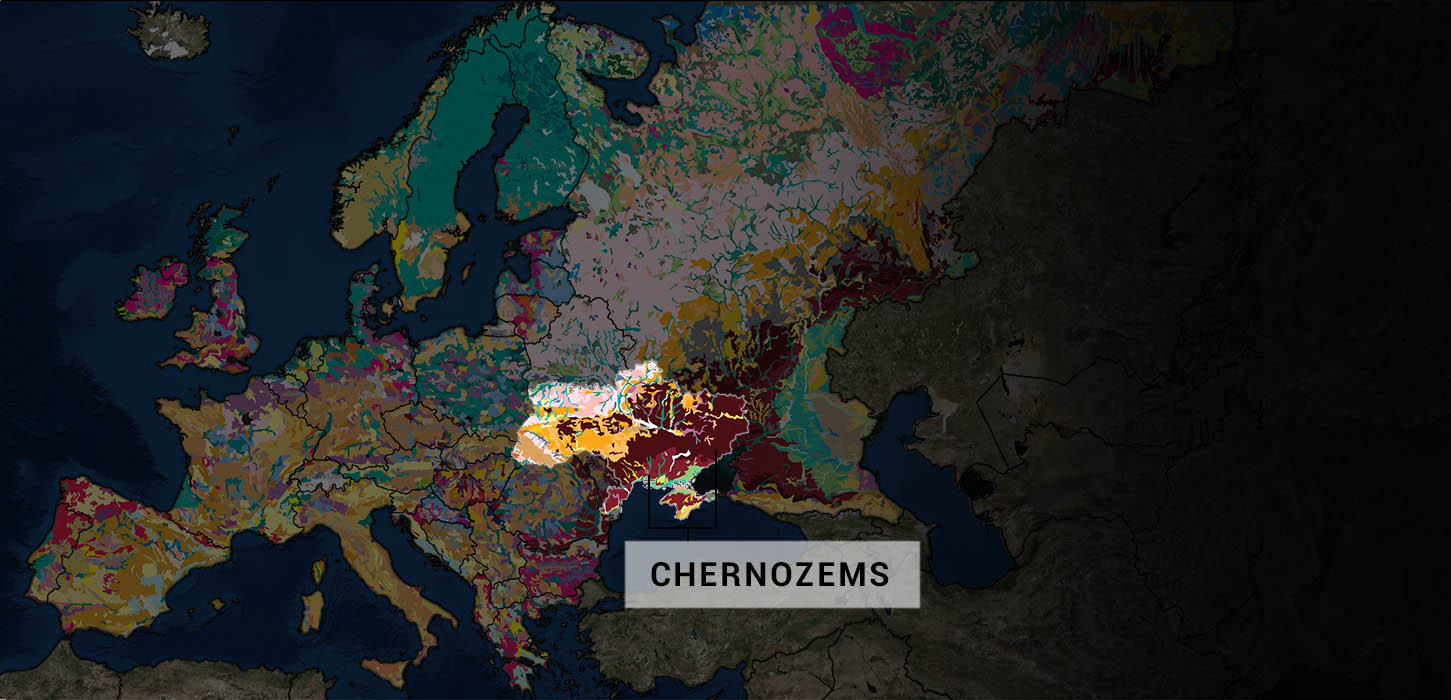
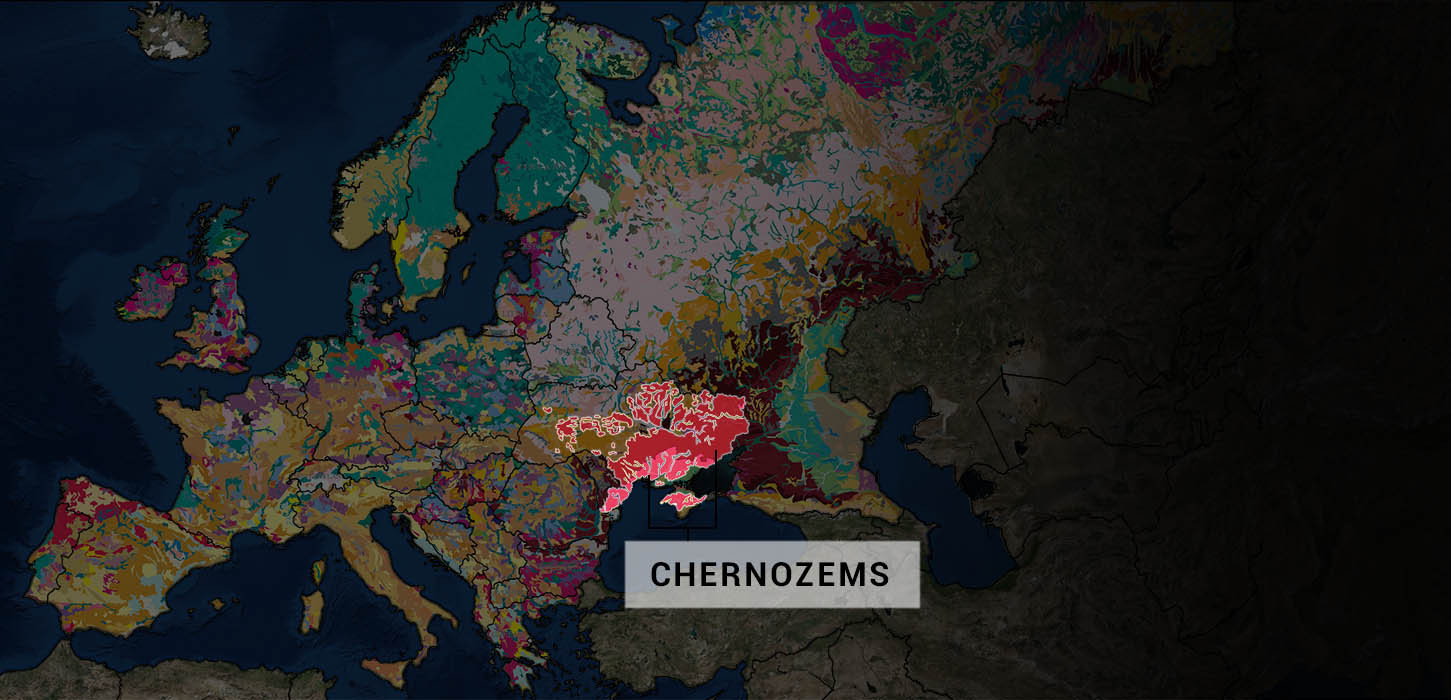
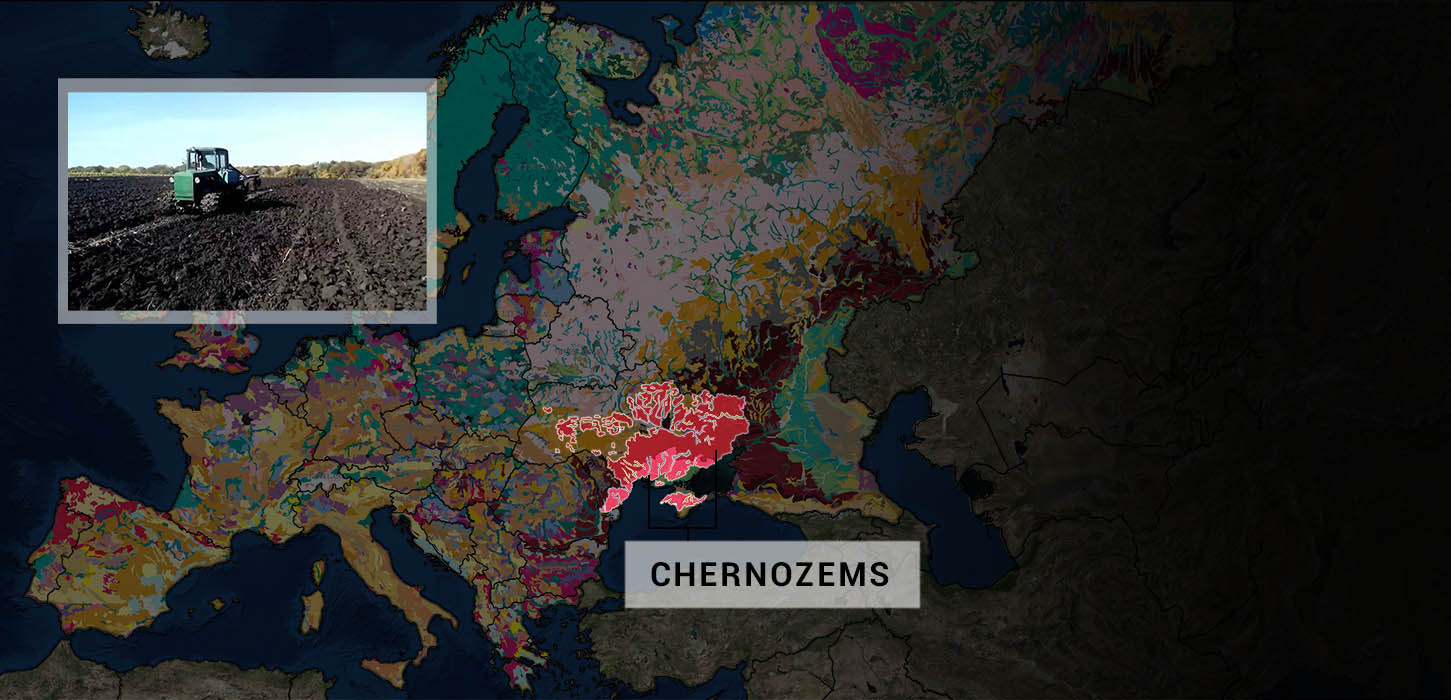
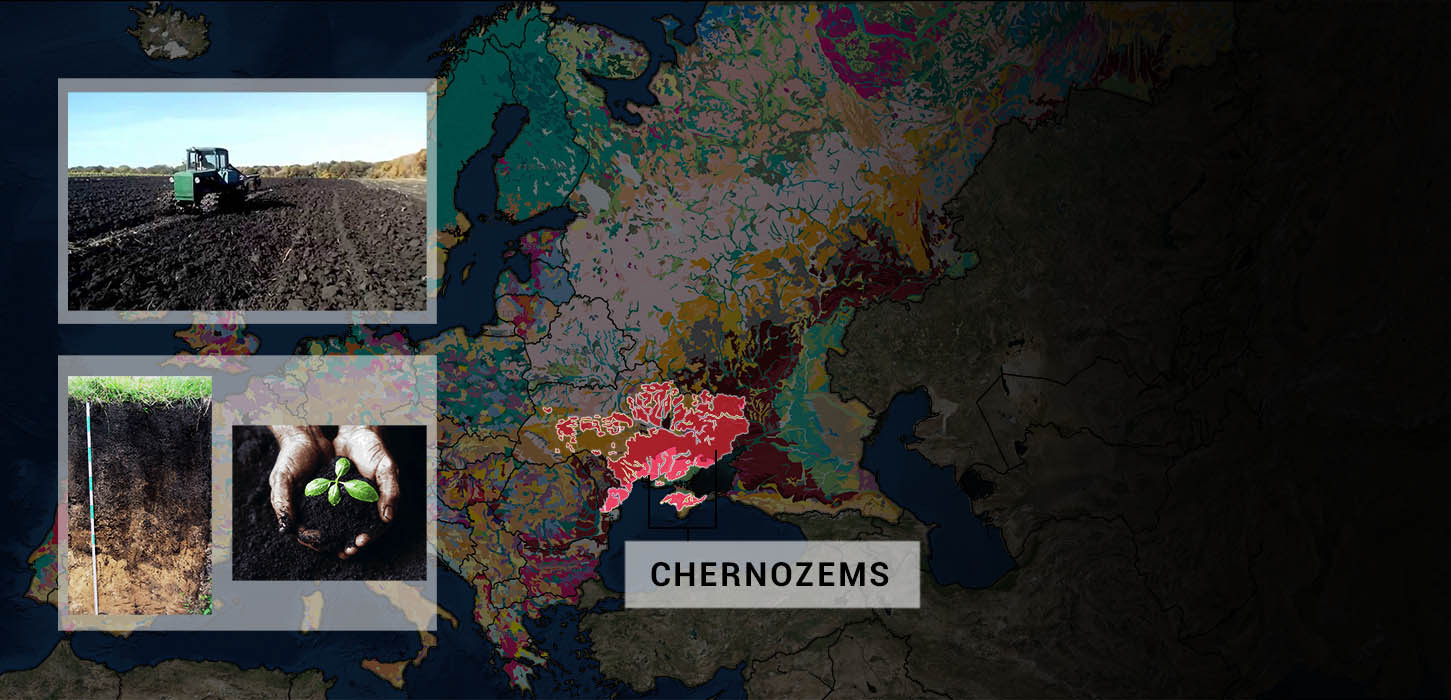
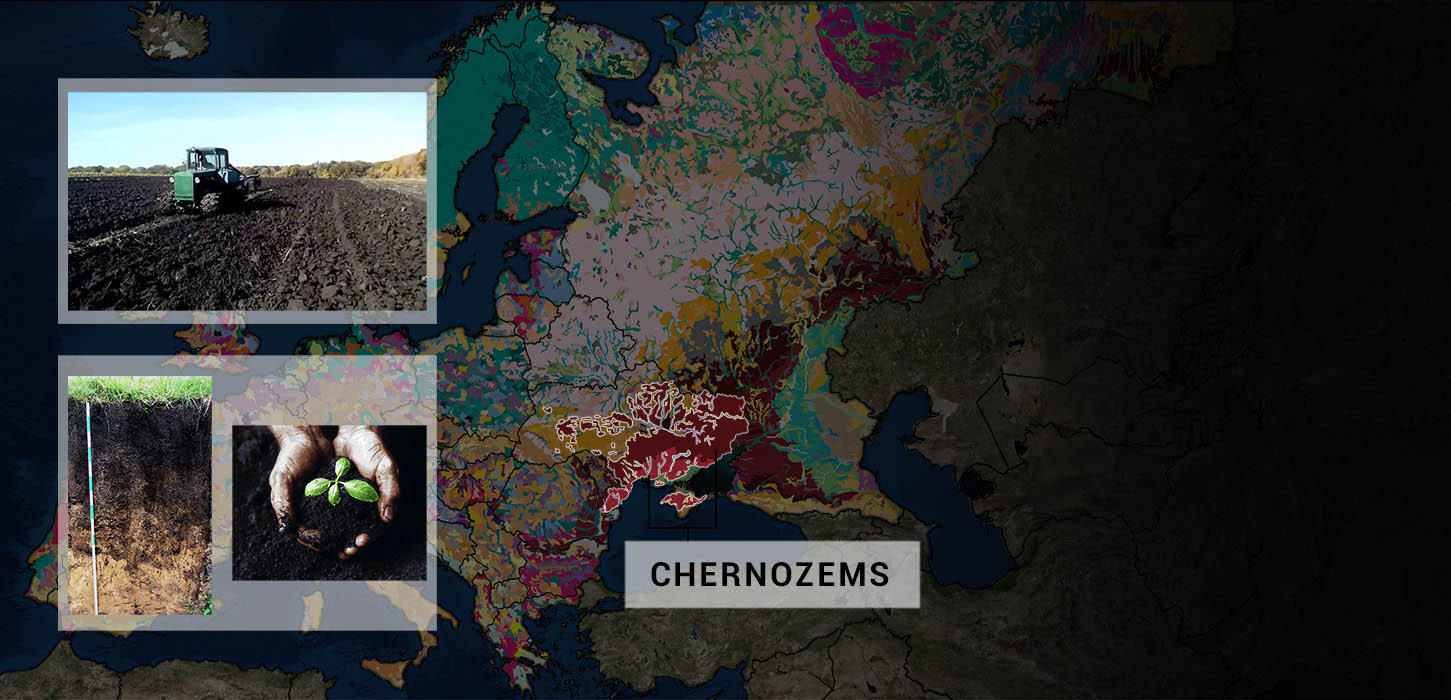
Dutch technologies are modernizing Ukrainian agriculture
Dirck Smits Van Oyen, Managing Director of ProMarketing Ukraine, a consulting agency in Ukraine helping clients to establish and develop their businesses, has lived in Ukraine for 16 years. His company does several things: actual farming at a farm in western Ukraine, growing grains and oil seeds, and importing equipment for the food processing industry.
According to him, Ukraine has a huge potential to grow in agriculture - it’s a huge food producer, suffers from stagnation due to Soviet history, which means there’s a huge opportunity for development and investment in practically every area you can imagine. For instance, it has only 5% of the storage capacity that it needs for the vegetables it produces, meaning that a lot goes to waste.
Ukraine is still importing a lot of vegetables from other countries. But it has the largest agricultural potential of practically every country on this planet. It’s just a matter of processing, doing it well, building the logistic chains which preserve the products and allow storing them over a longer period of time, and being able to offer it in good quality to the consumer. – Dirck Smits Van Oyen
Since the Dutch have the best technologies in the world for the agricultural and food processing sector, there are lots of opportunities for cooperation between The Netherlands and Ukraine.

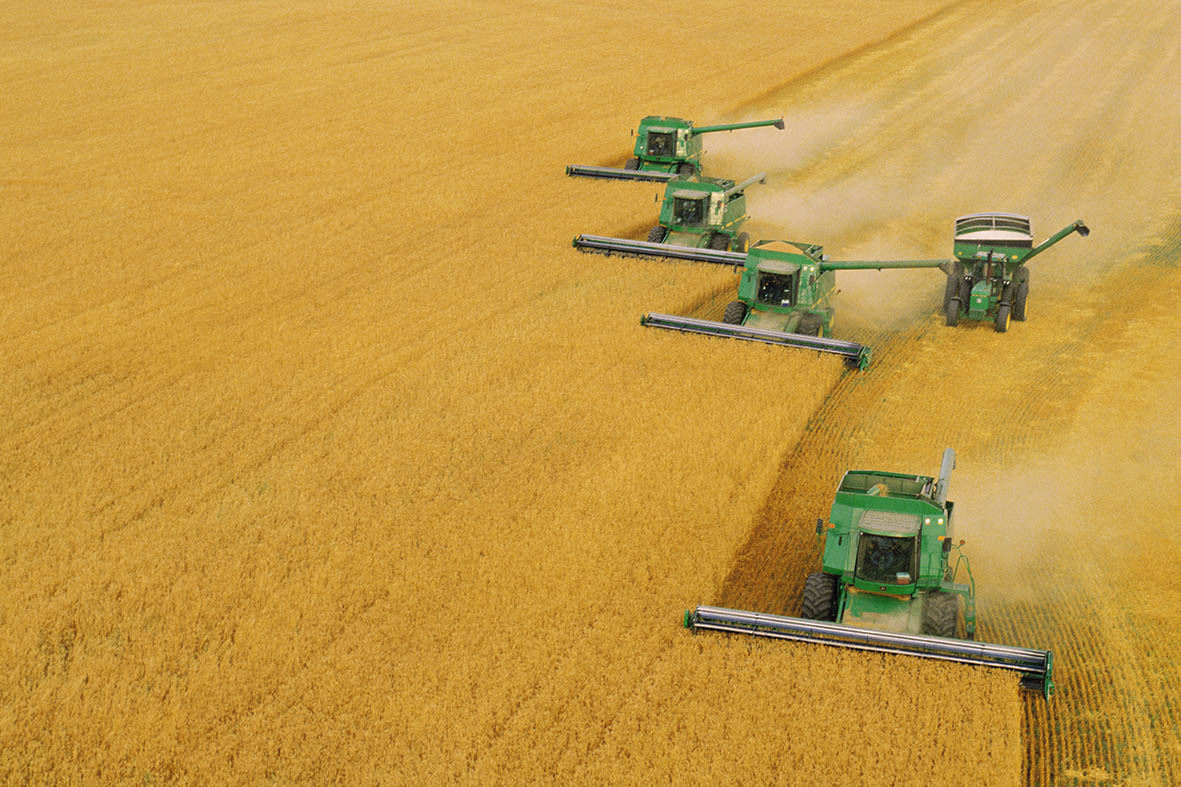
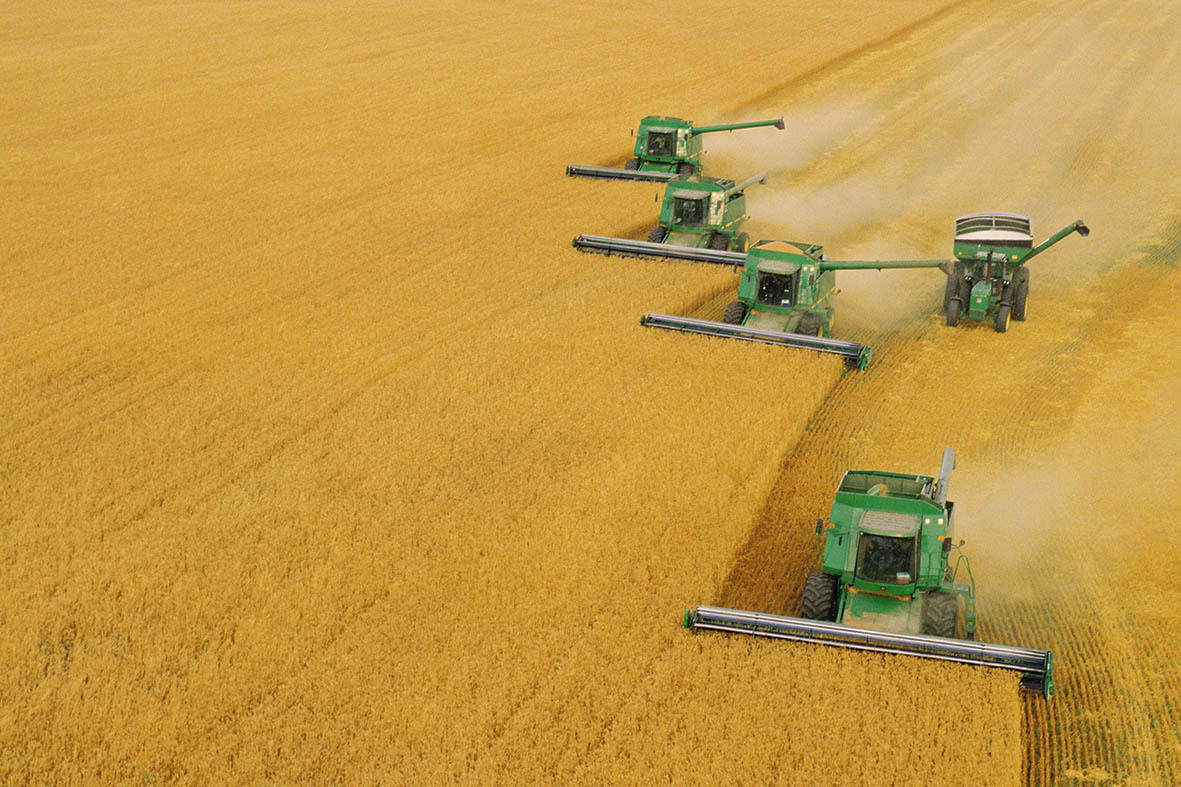
According to Ton Huls, Chief Financial Officer at Mriya Agro Holding, the Ukrainian market offers perspectives for Dutch companies that produce seeds and agricultural equipment, both primary agricultural equipment (e.g. for potatoes or potato industry) and equipment for the primary processing sector.
Huls is confident that Ukraine is a very good place for Europe to expand its need for agricultural product, specifically for countries like Holland, which have very limited space.
“We sometimes joke and tell that we have some cows, 2000 of them, which for us is not the primary business. But in Holland, if you would have 2000 cows, you would probably be the largest cow farmer in The Netherlands.” - Ton Huls
Meanwhile, a Dutch farmer has set up a business of producing vegetables for the Ukrainian internal market.
Dutch farmer grows salads all year round in western Ukraine
Mikel Honders comes from a family of Dutch farmers. Seeing that Ukraine was importing most of its winter vegetables, he decided that it would make more sense to grow them in Ukraine. Now he owns Galicia Greenery, a company that's 100% owned by Dutch shareholders. In greenhouses in the western Ukrainian town of Busk, he grows grows 7 types of salad, ruccola, and is testing herbs like dill, or rosemary, parsley, hiring 100% local staff.
Galicia Greenery’s main customers are retail chains in Lviv and Kyiv. Big restaurants in the western Ukrainian city are also on the books.
According to Mikel Honders, doing business in Ukraine is challenging but also rewarding:
"Here you can be creative in solving problems, that’s a really nice thing. There’s not only one solution, sometimes there are 10 possibilities. In The Netherlands, everything is arranged. For every problem there are fixed steps, which you should take, and that problem will be solved.
Another thing is, that the market here is much more interesting for us than in The Netherlands. We have so many producers in The Netherlands who are exporting to Ukraine, to England, Germany, everywhere in Europe. So that market is more or less full. If they export to Ukraine, it must be reasonable for us to produce here. An interesting thing is that in Ukraine it’s a challenge, but it also means that there are benefits." - Mikel Honders
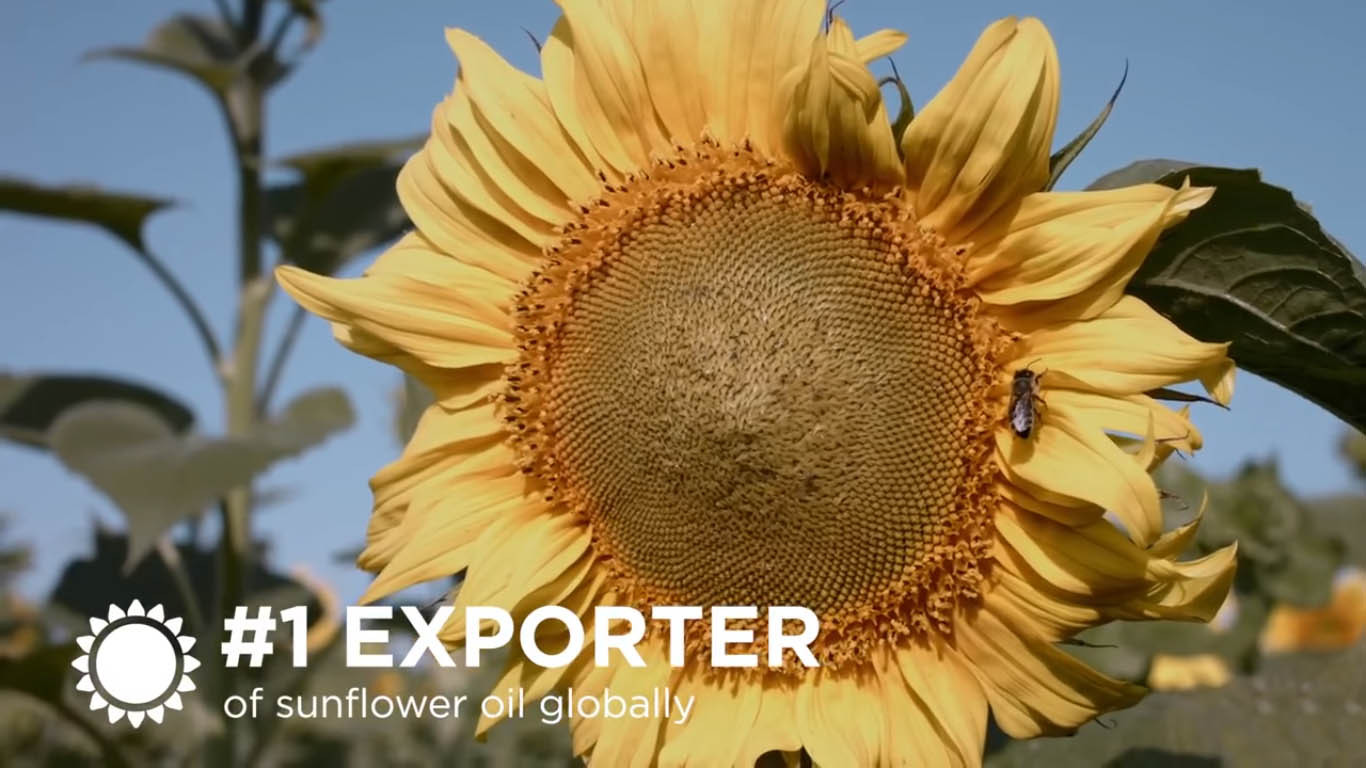
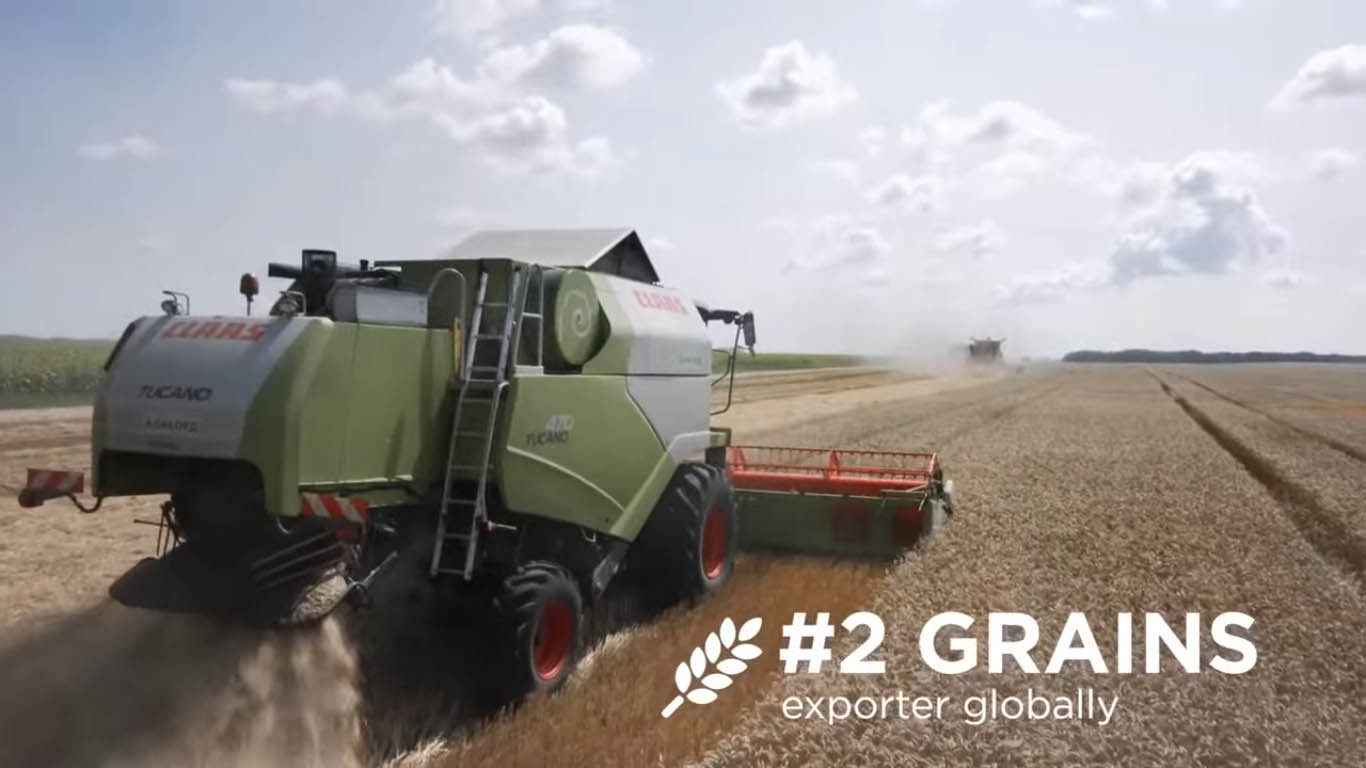

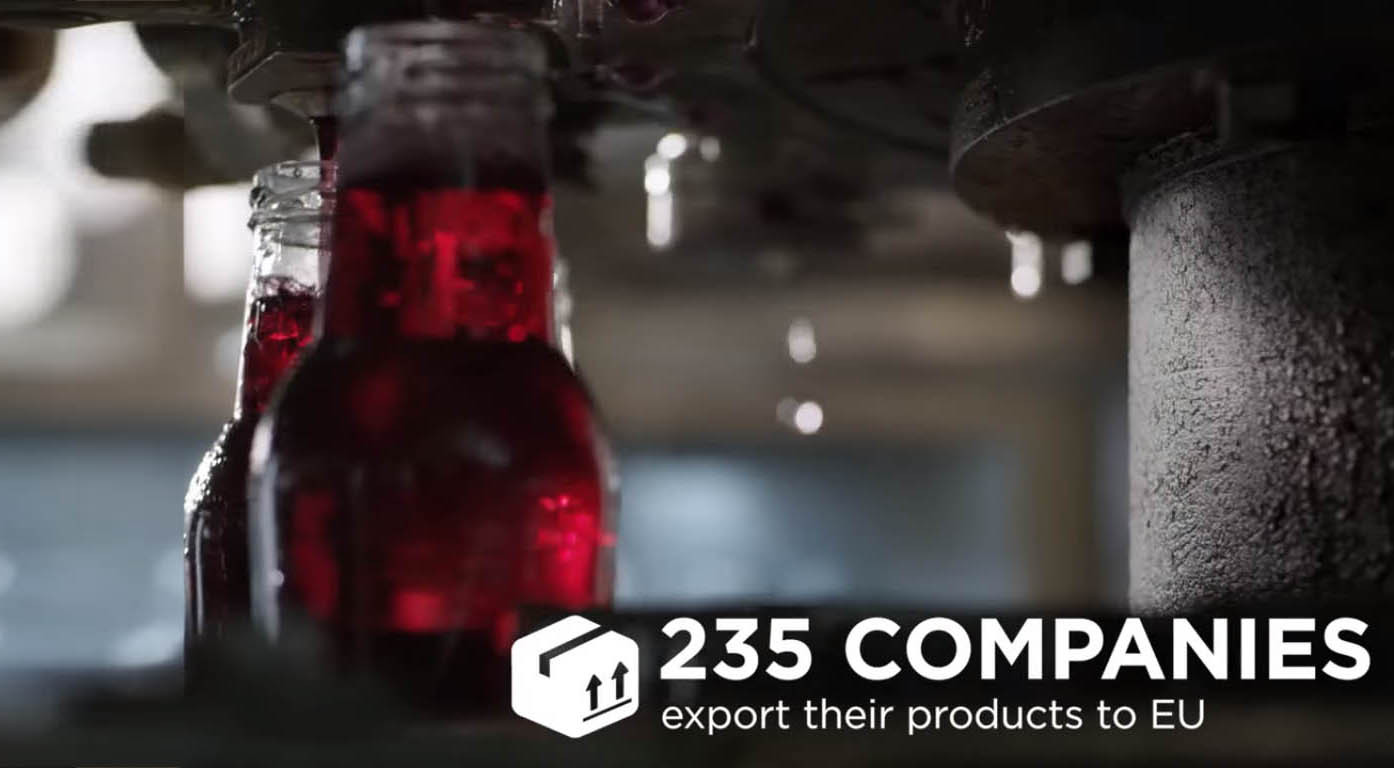
Dutch company helps Ukrainians export products
Benno Grimberg is a Dutch businessman, coordinator of Food Tech Link Ukraine, a conglomerate of small and medium sized Dutch businesses focusing on fruits and vegetables, confectionery and industrial bakeries, meat and dairy industry. Right now he is serving Ukrainian companies who would have their clients in other parts of the world, helping them match the standards needed for exporting their produce.
Ukraine is a strong base to start from in exporting all sorts of commodities, the businessman emphasizes: agri-food products, sunflower oil, and so on. However, the next challenge is adding value to what you harvest and then earning real money before sending it out.
"This is what the Netherlands do - we grow products, then we don’t send them out, the industries abroad can earn their money by food processing developments. We want to make the final products and have their normal profit that is in these products. That’s the phase Ukraine is now." -Benno Grimberg
Ukrainian companies are ready to develop and enter the world market. “They know what to do, they know what’s going on in the world and they have the experience to teach the government.” What the country needs is an economic strategy with the top sectors, Grimberg states. Those can be agri-food, IT or metal processing.
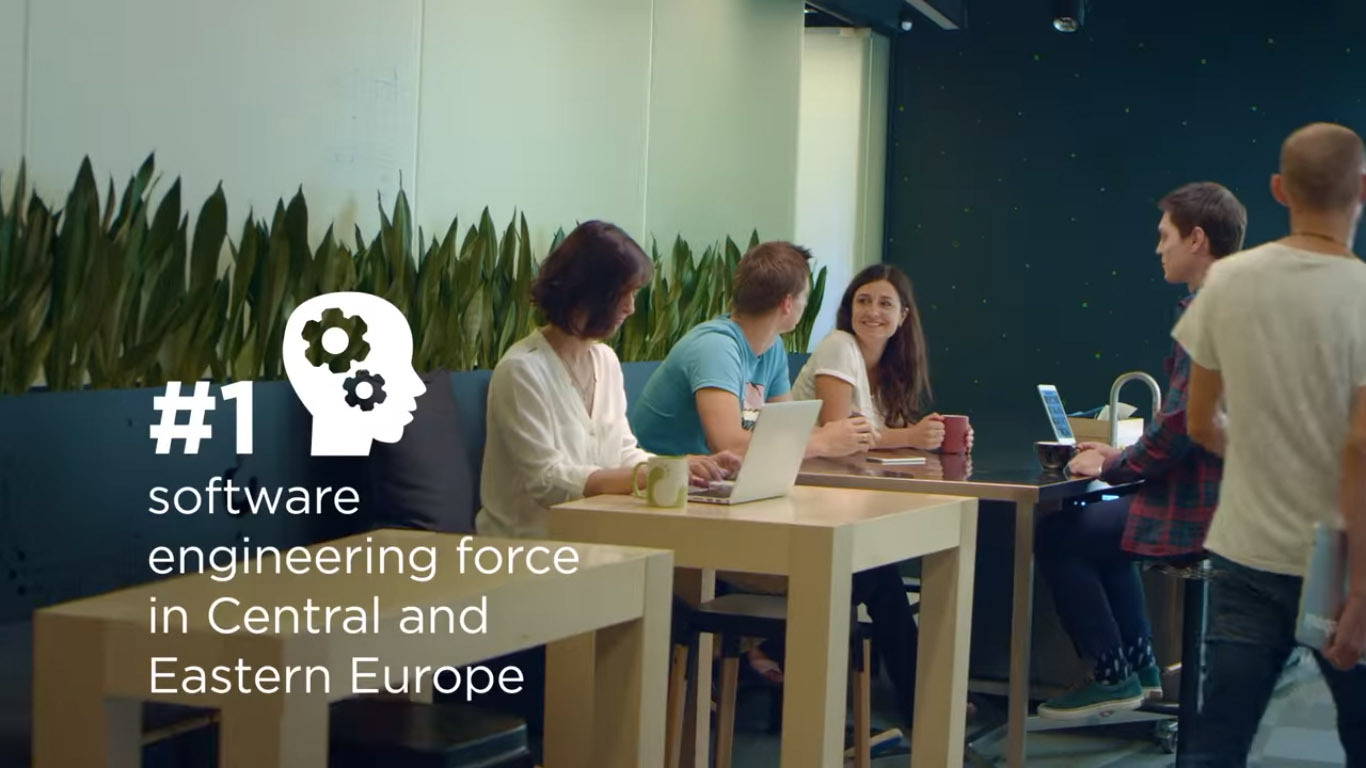
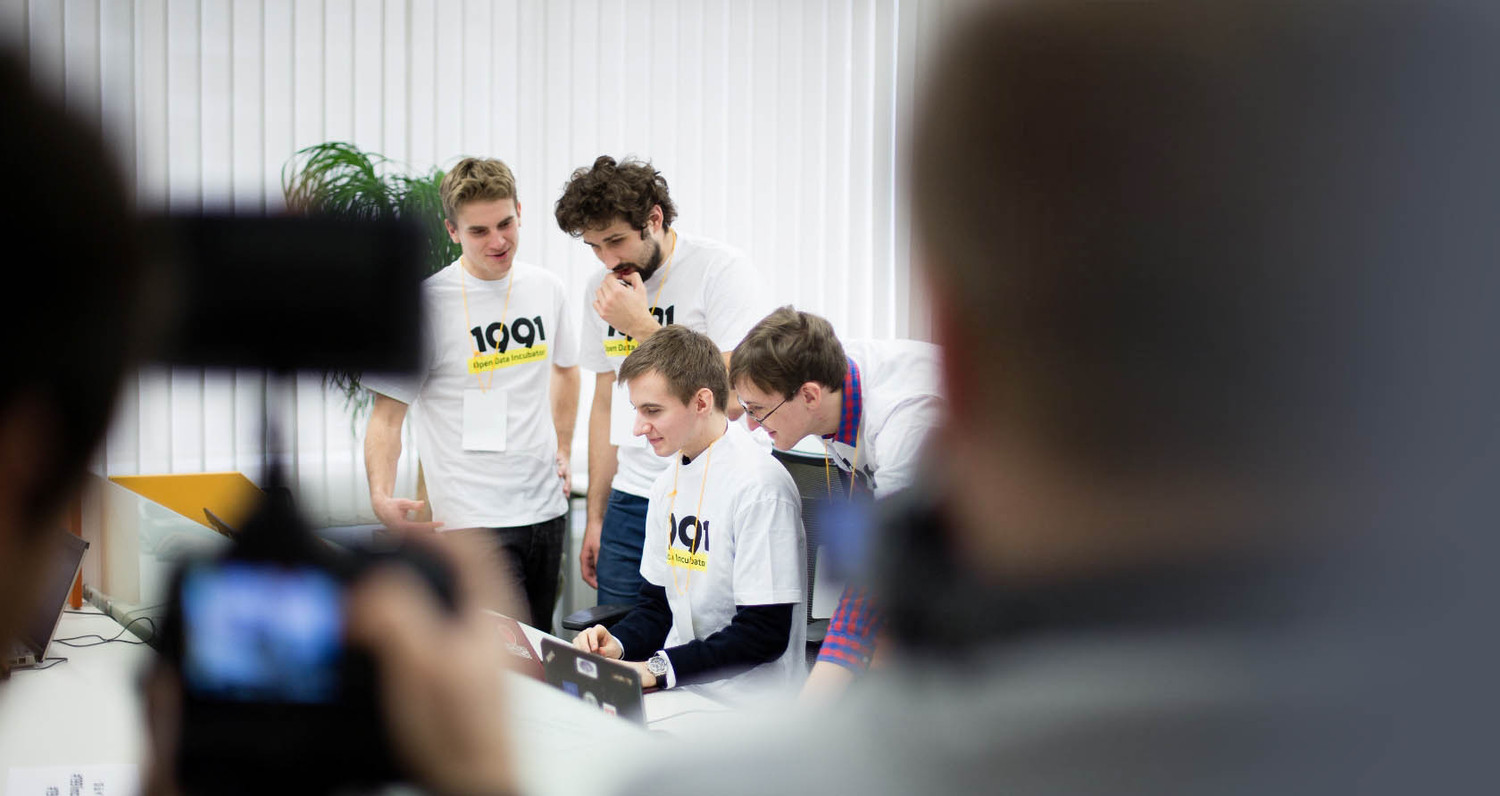
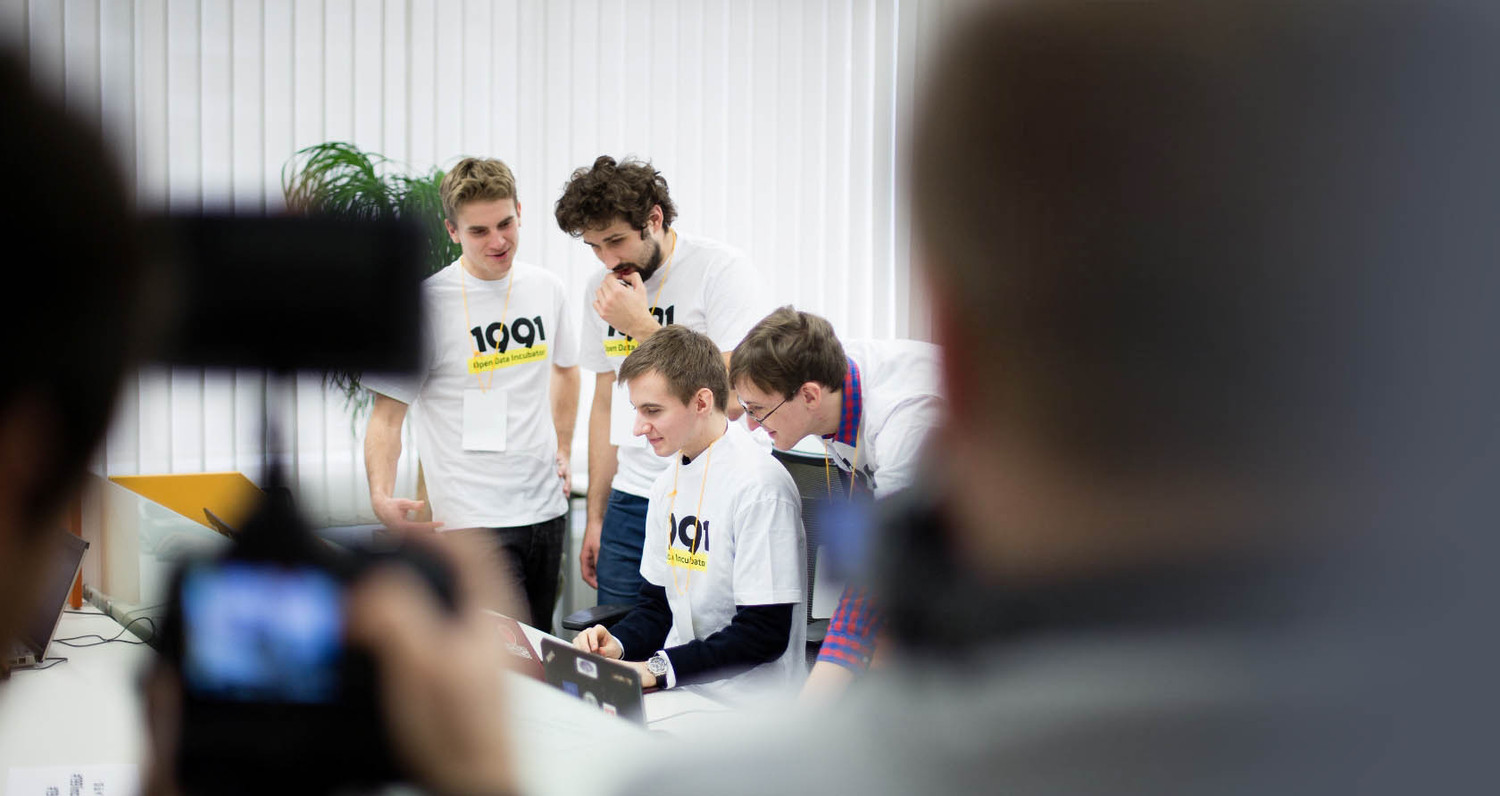
Dutch IT companies in Ukraine
Smart documents founder and CEO Marco Drost came to Ukraine in 2009. His company needed programmers – and it was “quite difficult at that moment, and still is” to find them in Holland. So the businessman checked the website of Ministry of Economic Affairs which suggested looking for programmers in Russia, Ukraine, or Romania.
“I started in Ukraine, and I liked it so much, that it was an easy choice for me, I had a good feeling with it. It is a very nice country, very nice people,” Drost shares today.

Smart Documents at an exposition in Kyiv
Drost was ready to leave Ukraine after Yanukovych came to power in 2009, seeing that corruption was increasing and businesses were being robbed. But the Euromaidan revolution changed everything.
"It was so exiting, I liked it, and since then I was more or less back in Ukraine, because I saw hope, I saw people wanted to do something, want to build the country. It was a big difference than before.” - Marco Drost
Drost is confident in Ukraine and states, that Kyiv is “very safe, very good for doing business an already is very European.” He says, it is a city to which people come to find a job based on their possibilities and knowledge, and not based on family ties or friendship.
Nard Elsman also founded a company in Ukraine 12 years ago, when he hired 10 employees in Lviv. Today, he is the an owner and general director at Elsman Group BV/Diamond FMS BV/Elsman Leadsoft IT LLC, a company which develops software for companies and connects local processes to banks and daily business. 10% of Diamond FMS’s clients are Dutch companies, and 30% are international companies based in Austria, Switzerland, Ukraine, Hungary, Slovakia, Belarus, and Russia.
“I saw that the economy in Ukraine grew 6-7% per year [after 2004], so, we though wow, this is really the land of opportunities, and everybody wants Ukraine,” - Nard Elsman
Today he not only runs the business, but teaches students. The company brings its software to Ukrainian universities and does it for free. This part of the project aims at teaching students of such giants as the Politechnical University and KNAU University. “When you teach young people how to calculate properly, how to run business properly, how to set up step by step, these young people when they leave the university they know how to act. They know how to grow, how to calculate. So there will be more sustainable business in Ukraine from that side,” he explains.
Ukraine and The Netherlands are very connected, especially in the agriculture sphere, Elsman explains. Netherlands are very innovative whilst Ukraine is the largest economical agricultural country in Europe itself. That’s why in the sphere of agriculture there are a lot of innovations in Ukraine. “If you look from that side, you see Dutch people everywhere in Ukraine,” the businessman tells.
While Ukrainian businesses can be competitive, they also can be inefficient. Elsman believes this is because of the lack of professional attitudes. The attitude “I’m not responsible for the department of my colleague,” the attitude “He did something, it is not my problem,” “We do something today, and if it’s not good, we do it tomorrow again” makes Ukrainian companies lose time, chances and resources.
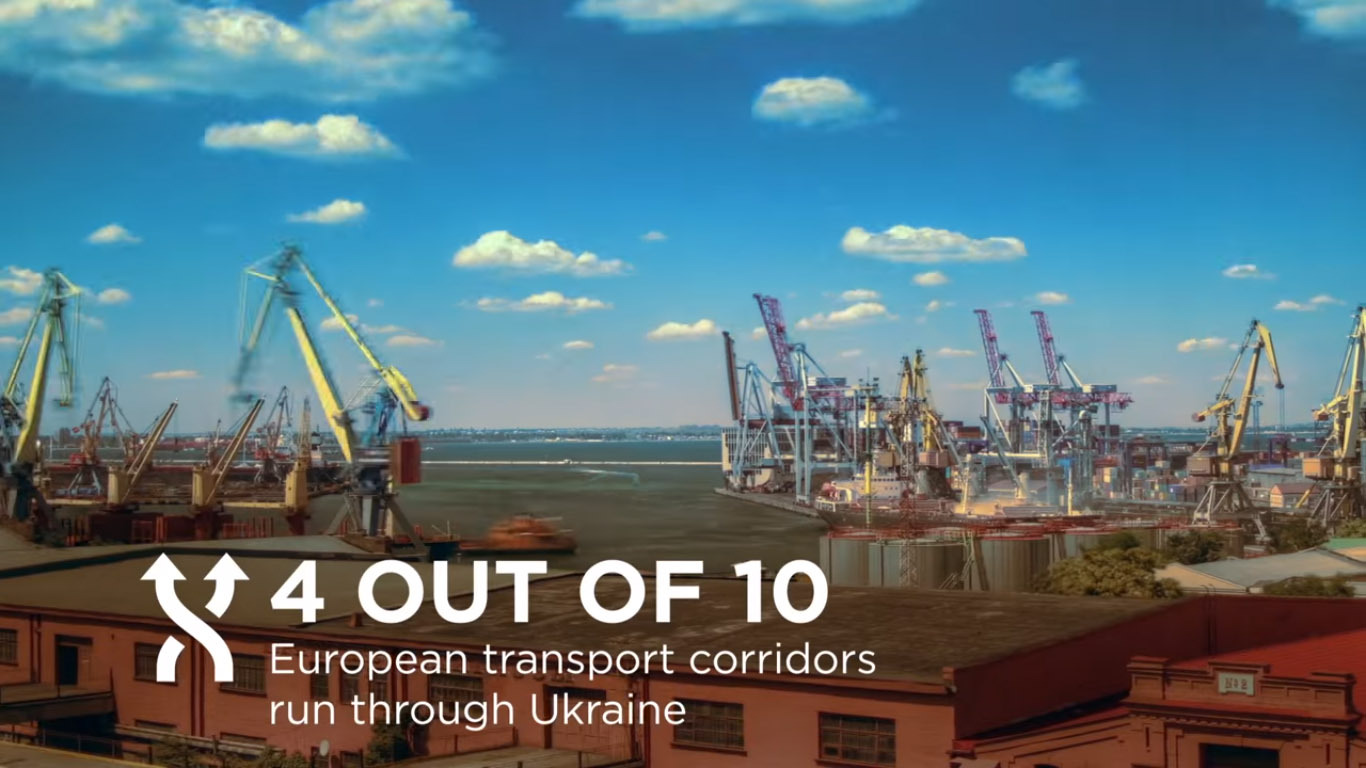
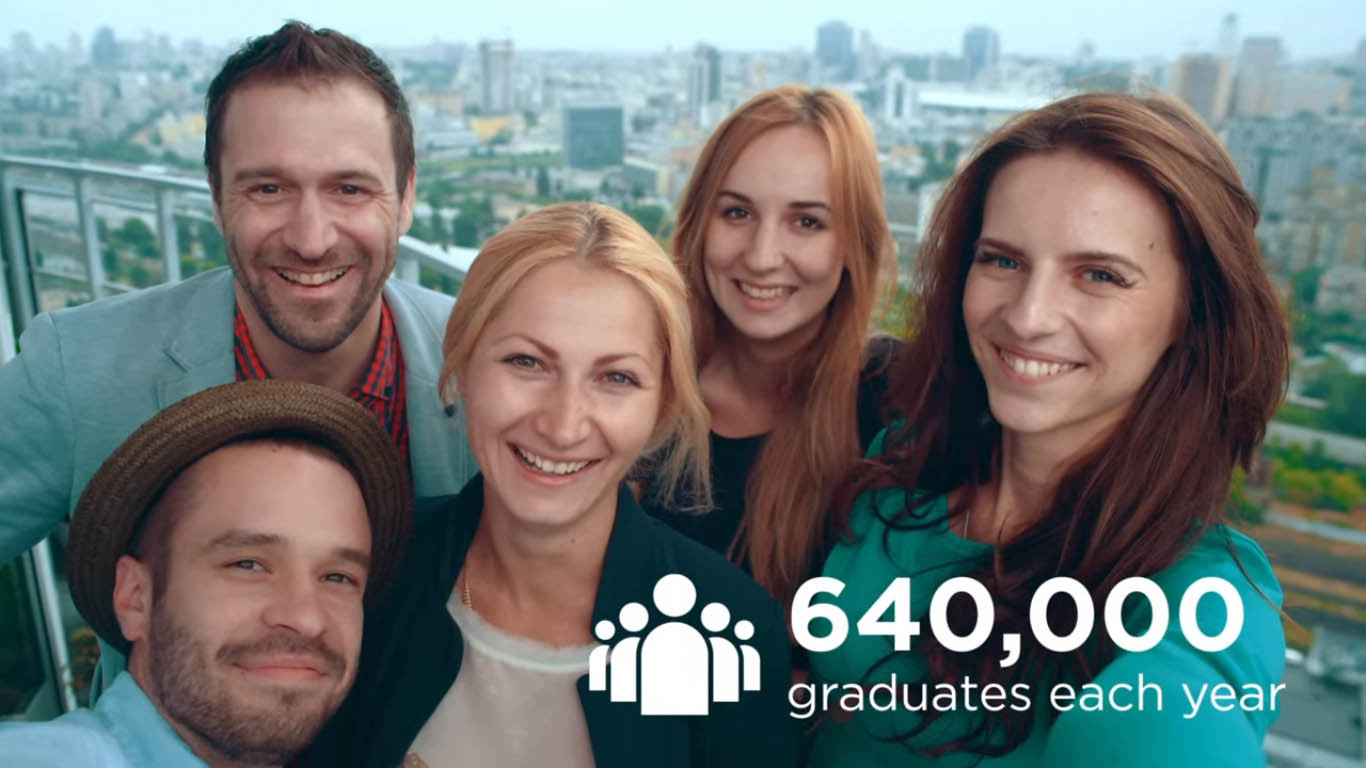

International logistics and investment
Pieter Kinds started his business in Ukraine almost 12 years ago. Today Control Pay has around 150 people of which 140 are located in Kyiv. The company controls and audits freight costs for large multinationals. Despite the two revolutions, his business fared well and is making profit.
Comparing Ukrainian employees with those in The Netherlands, Kinds says they are very analytical, motivated, have a strong willingness to learn and to grow.
"Basically you see a younger workforce in general, with a younger average age than you would see in the Netherlands, but it creates a very interesting atmosphere. Also in The Netherlands you would have more specialists in a certain area. Here people are maybe more generalistic, but at the same time the atmosphere is very different because of the age difference. But analytical skills are very strong here, mathematical skills as well." - Pieter Kinds

Control Pay workers in the Kyiv office
Arno Klijbroek has a company that also deals with internationals - he is the founder and owner of ATM Trade management. He had been living in Ukraine since he was 24, in 1997, and then decided to set up his own company.
In 2000, Klijbroek realized that lots of things were just about to happen in Ukraine and decided to start a company of his own. Over more than 15 years, the company has been providing legal and practical support to foreign investors on Ukrainian market, with quite good success. Was investing in Ukraine in 2000 a wild shot? Partly – at the time there were fewer foreign companies in Ukraine than there are now, but Ukraine was very much in the spotlight as one of the countries that just had opened up for business, so there was lots of interest from them. Most of the clients of ATM Management are Dutch companies that want to enter into the Ukrainian market, and they have had very good business from the year it was founded, especially until 2010, when the now disgraced Yanukovych came to power.
After the victory of Euromaidan and election of a pro-Western government, the trend is positive again, Mr.Klijbroek told:
“Starting from last year, we see a positive dynamic again, that people are actively approaching us, that they want to go ahead again. We had progress, some foreign investors are ready to invest in Ukraine, we’re working with the few new companies now, and they’re step by step coming into Ukraine again.” - Arno Klijbroek
Starting from 1 January 2016, certain provisions of the Association Agreement have come into force in Ukraine (namely, the Deep and Comprehensive Free Trade Area). Mr.Klijbroek says that it is positively impacting the business situation in Ukraine from the end of 2015 already. All Dutch exporters are waiting for the Association Agreement to come into full force, as it will be much cheaper and easier to export products to Ukraine. ATM Trade Management saw an influx of new clients that wanted to start new a business here or extend existing business. The Association Agreement is the major motor in that – it gives expectations that doing business will become more easy.
Speaking of investments, The Netherlands are the second largest investor in the Ukrainian economy. As of January 1, 2016, the amount of FDIs from the Netherlands in Ukraine was equal to approximately $5,6 bn, or 12.9% of the total amount of foreign direct investments brought into the country from all destinations.
What new investment opportunities does the Association Agreement open?


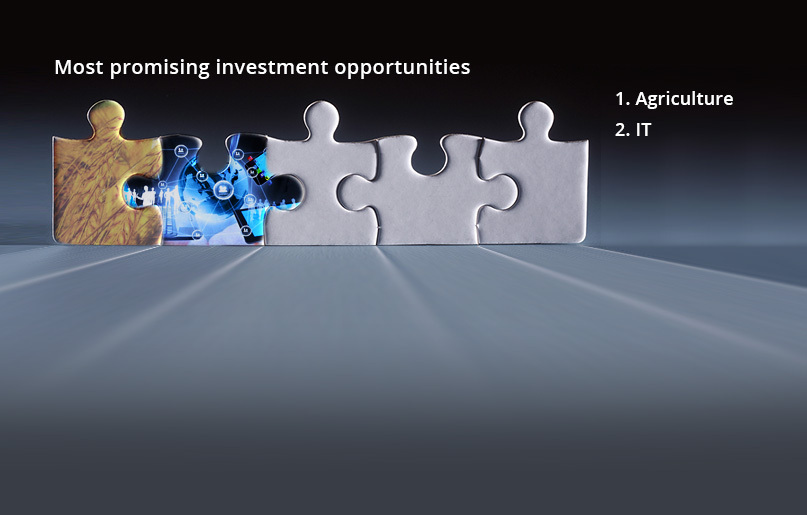
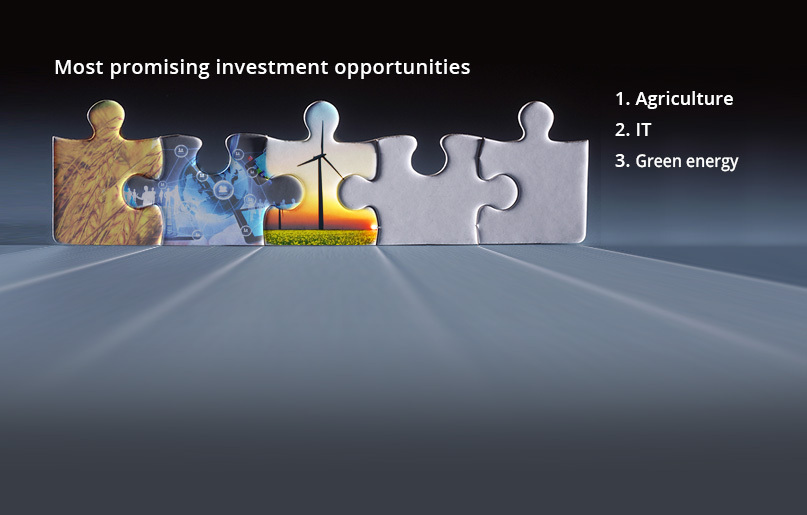
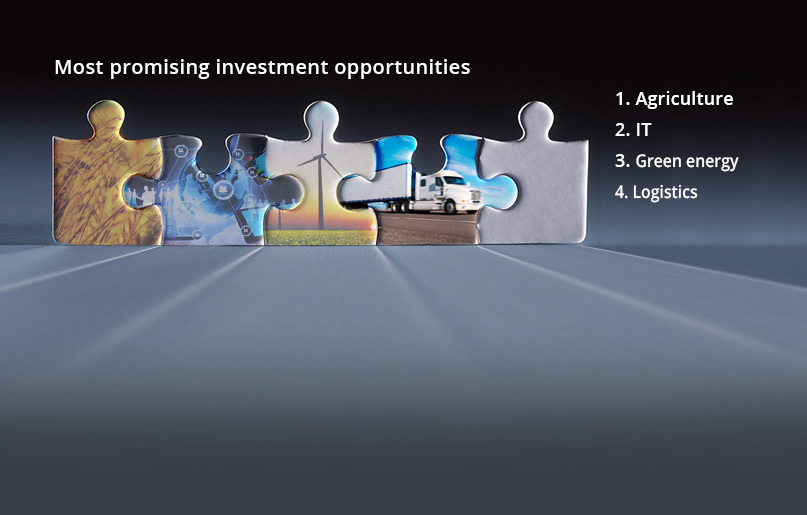
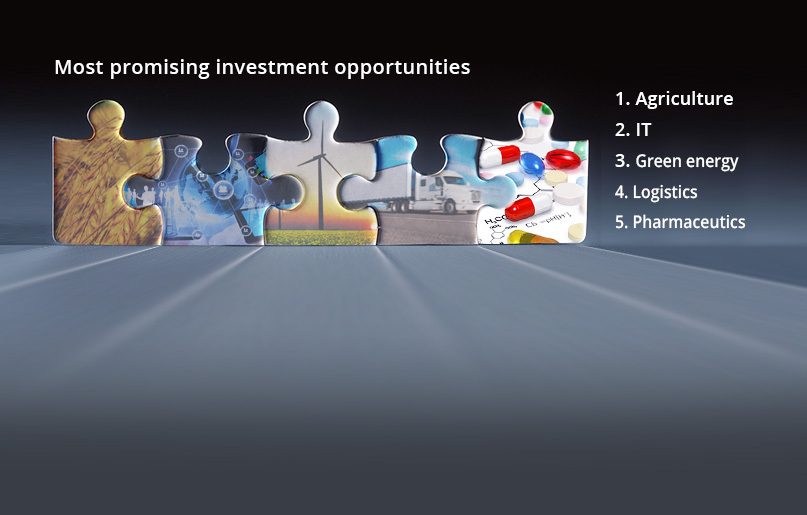
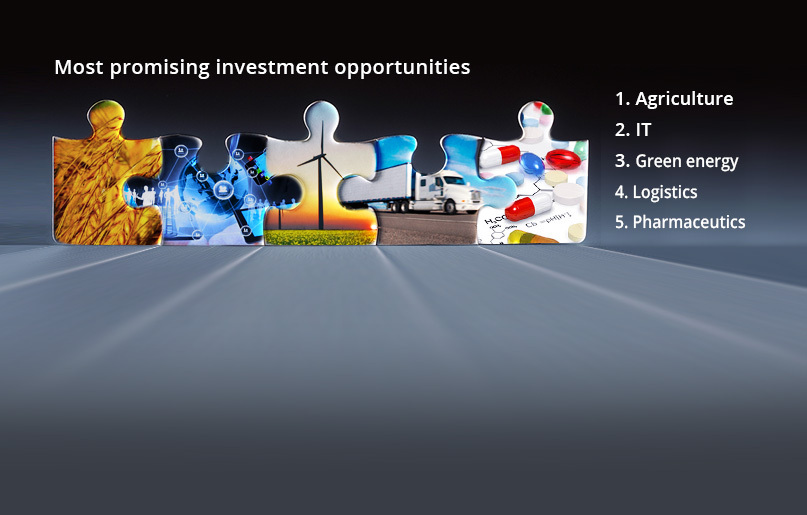
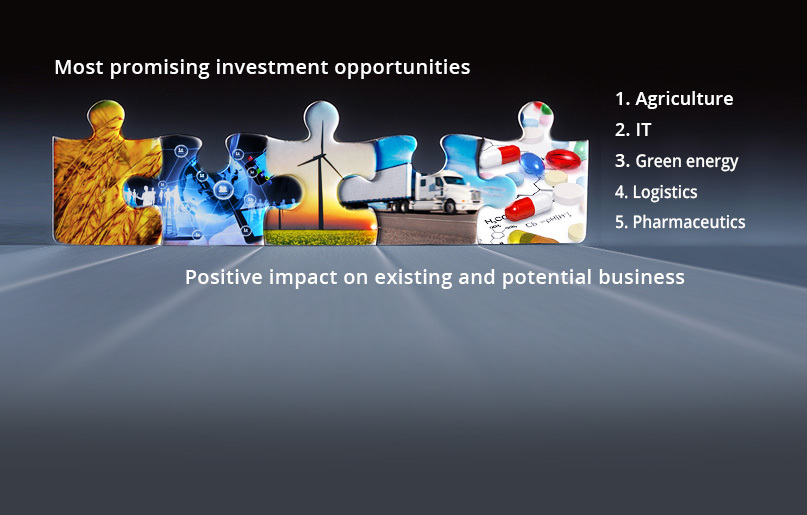
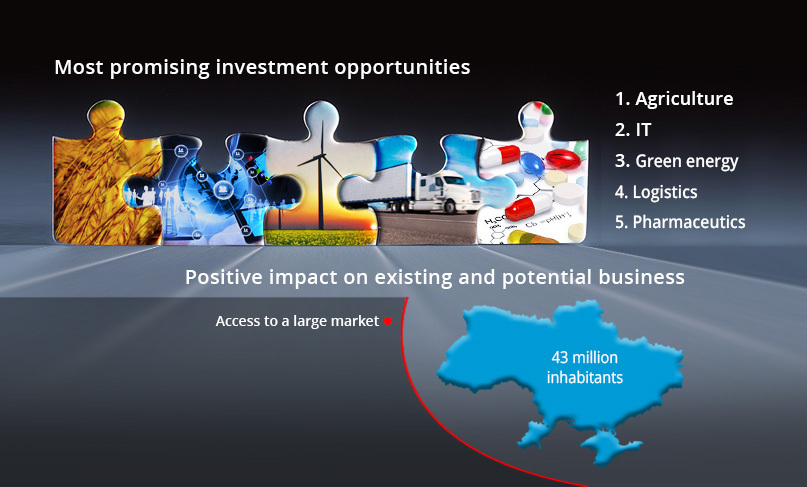
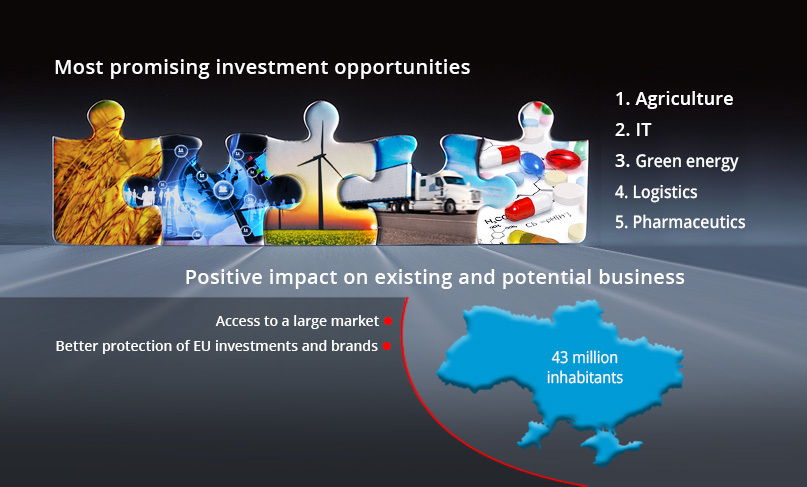
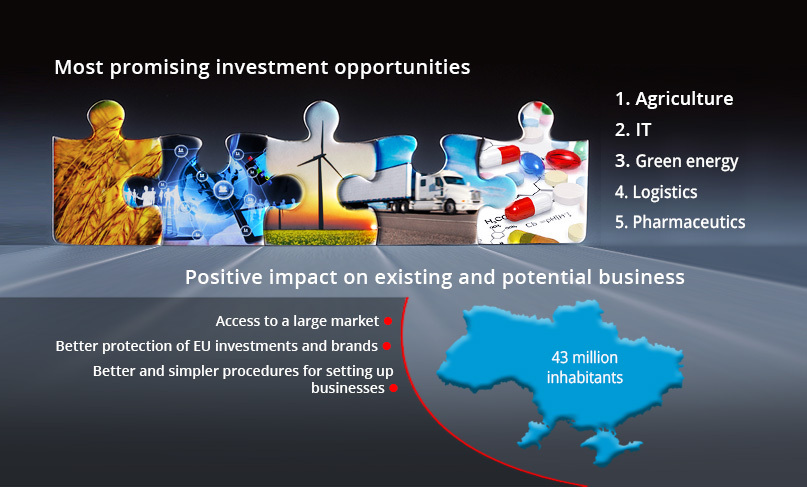

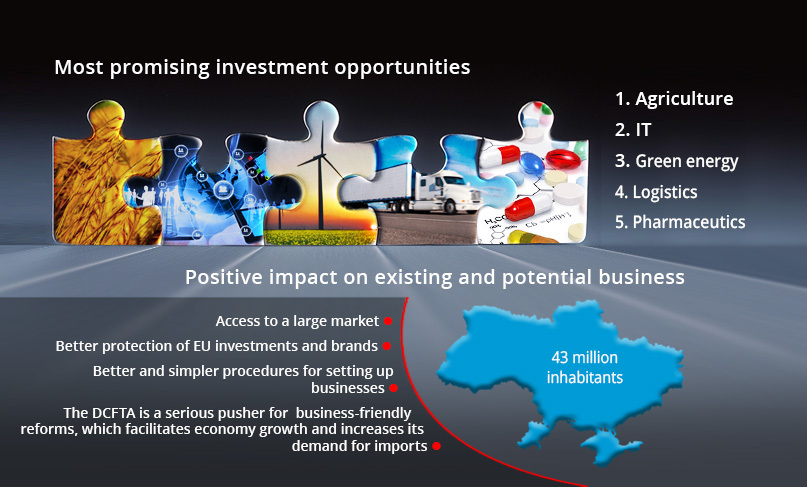
What about the corruption?
Ukraine has a sad legacy of being one of the most corrupt countries in the world. However, the businessmen we interviewed did not experience it firsthand.
Nard Elsman, owner and general director at Elsman Group BV/Diamond FMS BV/Elsman Leadsoft IT LLC, says “of course, there is corruption, there is black money, and you don’t want to go in that direction,” the Dutchman shares. He compares the situation in Ukraine to three pools: one has black water, another has dirty water and the third one is the clean water. Elsman demands that his colleagues stay in the third one.
Pieter Kinds, director of Control Pay, claims that he feels comfortable in Ukraine because his company did not experience corruption themselves. However, he presumes that it has to do with the nature of his international business: "Generally, of course, we know that there has been a lot of corruption around, but it has not really affected us."
Arno Klijbroek, director of ATM Trade Management, always steered away from corruption, but notes that the existing bureaucracy complicates all administrative procedures: “Our policy has always been and also our advise to our clients has always been to steer clean from it. My personal experience is that being able to do business in Ukraine only by bribe is a misconception – it is definitely not the case. However, because of the bureaucracy, it has always taken more time to get through the different procedures that exist. Many of our clients have developed successful businesses and stayed clear really as much as possible of corrupt practices. But it’s mostly matter of taking time and not wanting to rush things.”
Benno Grimberg, coordinator of Food Tech Link Ukraine, says that corruption is an important factor in every country of the world and the Netherlands face it as well. However, in Ukraine it is different. “If we face corruption, we put it on the table and talk about it, it’s on TV, it’s in the public. Here it is more covered. We never know what’s really going on,” the businessman says. It is small and medium sized companies that suffer from corruption most, Grimberg says. However it is these companies that provide plenty of jobs to the economy. Avoiding corruption is possible in Ukraine, Grimberg emphasizes: “Use positive exceptions as lighthouses.” He believes, that the Ukrainian and foreign businessmen should be focused on demanding the government to provide support and promote the Ukrainian economy.
Meanwhile, Dirck Smits Van Oyen, Managing Director of ProMarketing Ukraine, considers that it is bureaucracy on every level that makes doing business more difficult than it should be – one will experience it while setting up a business, running a business, or importing things. And bureaucracy invites corruption – it’s very cumbersome and difficult to respect all the laws, rules, and regulations that are still left over in Ukraine from the Soviet Union. For a lot of companies it’s easier to pay a bribe and get on with business.
The mentality of the civil servants in the Ministries are still very much unchanged versus the Soviet times. That needs to be swept clean. That’s where the Association Agreement also comes in – because due to the stronger cooperation between European institutions and Ukrainian institutions, Ukraine gets an opportunity to modernize its civil servants and all its regulations and laws that affect doing business in Ukraine.
However, Mr.Oyen is hopeful for the future: "I'm extremely optimistic about Ukraine. I've seen the strength of civil society and the desire to change the country for the better. This desire was strong enough to break the resistance that existed in political elites and perhaps still exists, in some political elites. And that will drive change. Young people, civil society will drive change and make Ukraine a real European country. I'm proud to be here as a Dutch businessman."
For Marco Drost, the growing corruption during Yanukovych's times almost made him leave Ukraine: “In 2012 I saw that Yanukovych regime was taking more companies hi-jacking, like some restaurants at Derybasivska street (Odesa – ed.), and the son of Yanukovych took these restaurants by help of some people and judges. I saw pressure, so I thought: 'Do I want to be here? I can go anywhere in the world where I want, why do I want to be here?'” But then the Euromaidan revolution began, and things now are different than before, because Ukrainians now want things to be different than what they were before.
Hans Ramaekers, President of the Kyiv – the Netherlands Business Club, reminds that corruption is an international problem: "I won’t say there is no corruption here, but Ukraine is not more corrupt that any other country in the world. If you read the news in the Netherlands, everyday something goes on with companies or people trying to steal money from companies – it’s all the same. My approach is to step over these fears and start doing business. There are many good patriotic people in Ukraine, as well as transparent businesses."
The Dutch referendum on the Association Agreement
Many experts note that the Dutch referendum on the Association Agreement is not really about Ukraine, although it directly influences Ukraine's future.
René Cuperus, Director for International Relations at Wiardi Beckman Foundation, stresses that there are populist forces behind the referendum in the media:
"If you really analyze what is going on in the Netherlands, you can see that this referendum is not really about Ukraine. It is about the disillusion with Europe, it is about the disillusion with how things developed in Brussels in the terms of Europe crisis, refugee crisis; and people are fed up with the problems of Europe. The Association Agreement with Ukraine, for many people, is a problem too far, a bridge too far."
We asked the Dutch businessmen living and working in Ukraine what they thought about the Association Agreement and referendum.
Arno Klijbroek, director of ATM Trade Management, says that a yes-vote would be good first of all for The Netherlands; however, people should understand that a no-vote is direct support for Putin:
Pieter Kinds, director of Control Pay, says that a lot of misinformation is being spread about Ukraine in order to persuade people to vote no.
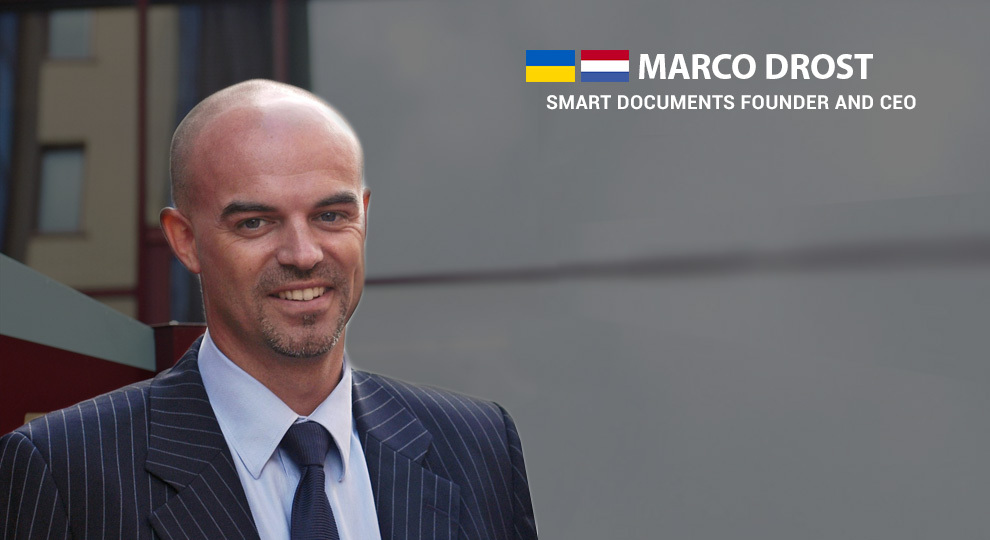


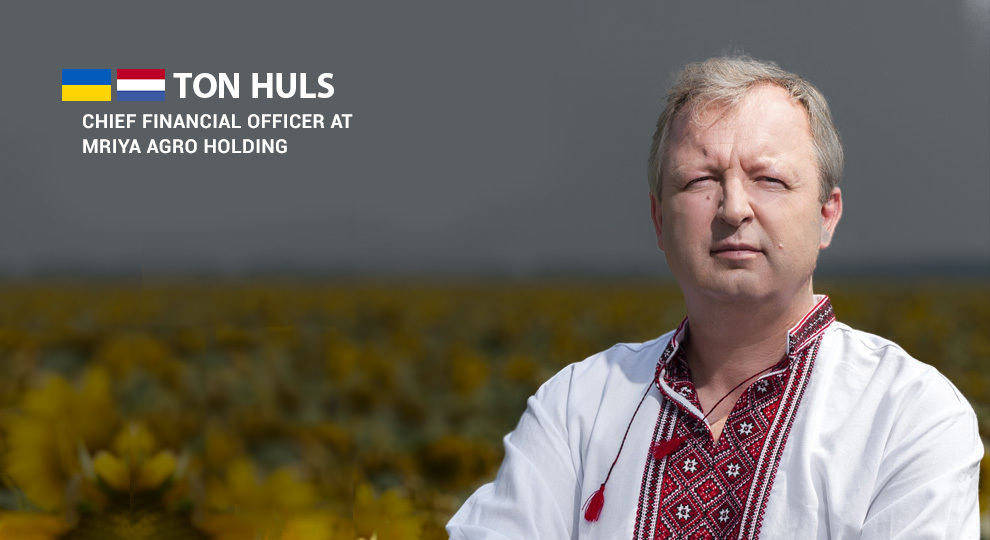
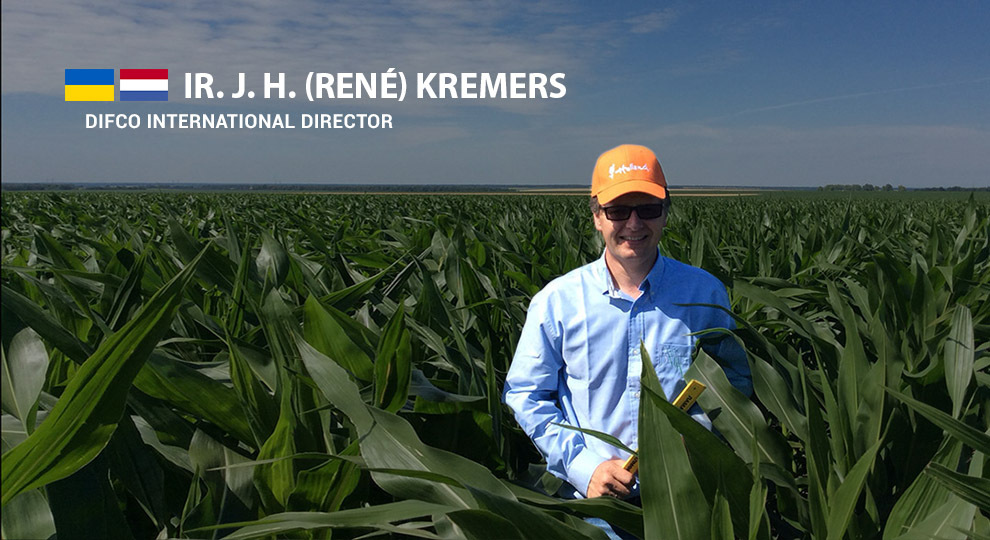
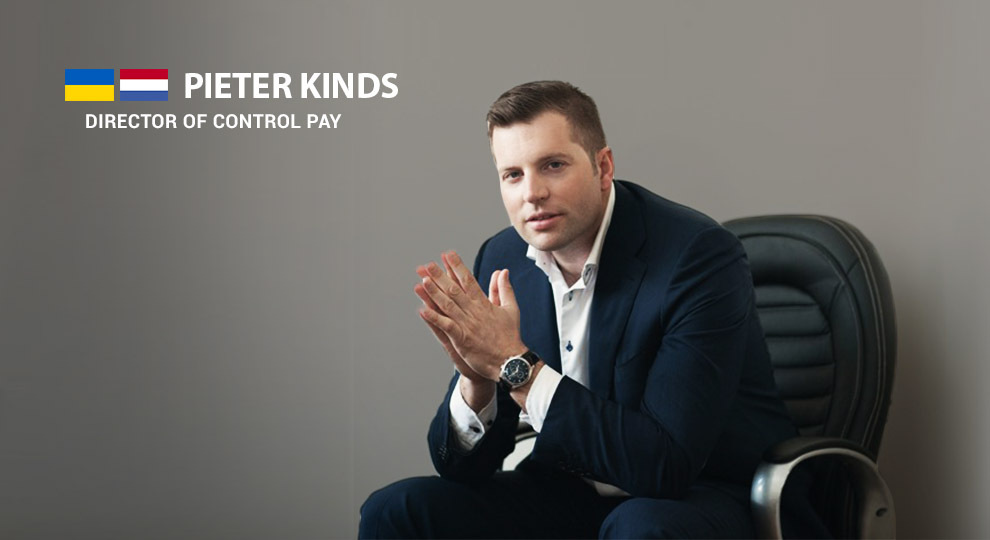
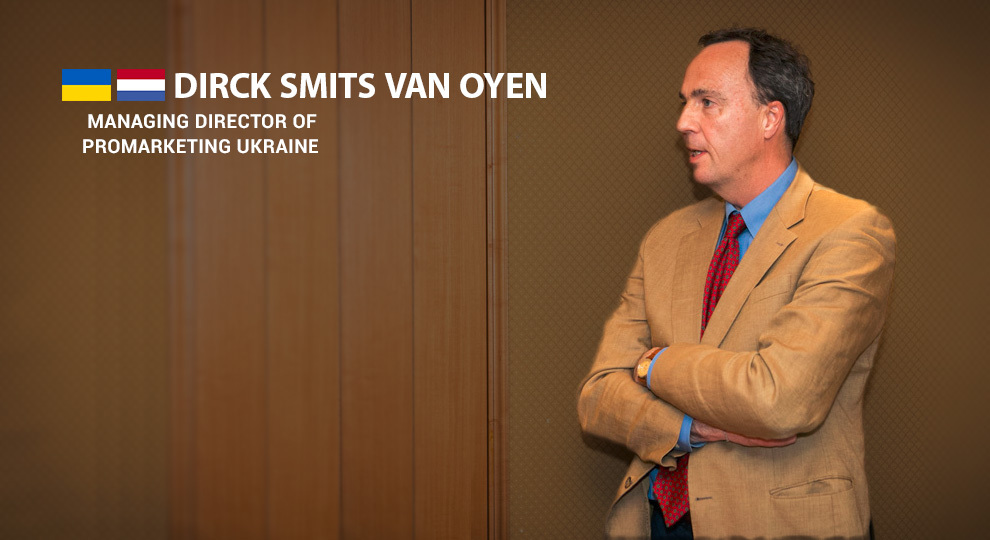

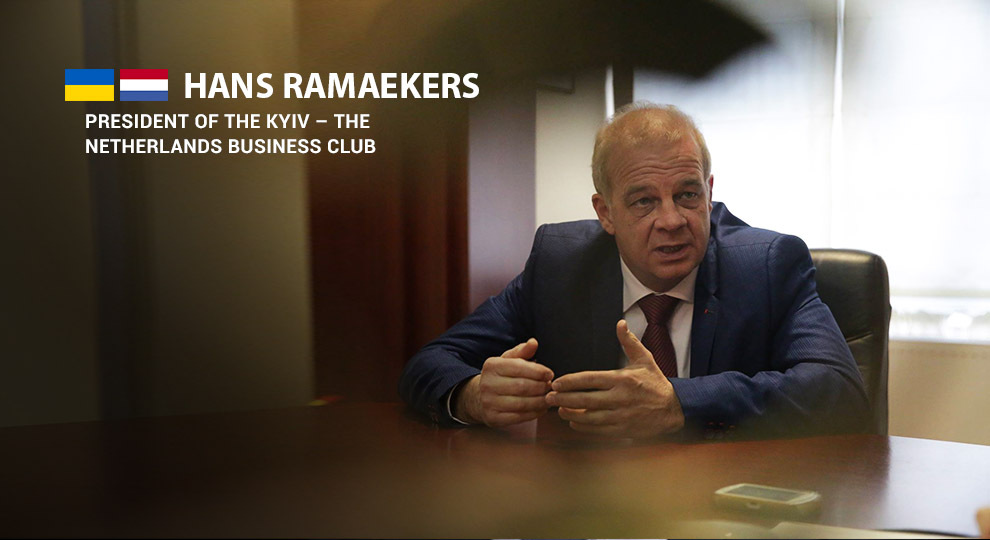

Meanwhile, René Cuperus, Director for International Relations at Wiardi Beckman Foundation, thinks that the referendum itself is bad for the reputation of the Netherlands, because the European Union is under great pressure, and the referendum is making it worse:
#DUTCHINUA: Expert on populism discusses referendum on Ukraine...#DUTCHINUA: "There is no geopolitical in-between position between the E.U. and the Russian Federation, geopolitical space for a third position." Watch full interview at http://uatoday.tv/society/dutch-expert-on-populism-discusses-referendum-in-the-netherlands-on-ukraine-eu-deal-605478.html
Posted by Dutchinua on Sunday, March 20, 2016
Read and watch more about Dutch business in Ukraine on Euromaidan Press and Ukraine Today.

